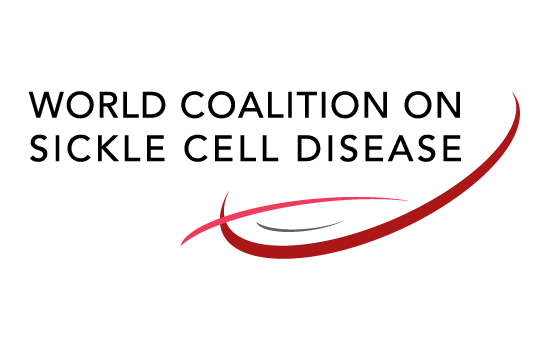World Coalition launches
The World Coalition on Sickle Cell disease, the Business Council for International Understanding (BCIU), Novartis and the Ministry of Health of Uganda, held a significant side event on the sidelines of the 76th World Health Assembly in Geneva, Switzerland. The event aimed to address the pressing issue of sickle cell disease (SCD), which affects over 300,000 babies annually, with 80% of cases occurring in Sub-Saharan Africa.
Despite its high prevalence and devastating impact, interventions to bridge access gaps have been largely overlooked. The event shed light on the alarming statistics, revealing that the majority of children with severe forms of SCD perish before reaching the age of five. While developed countries boast widespread availability of cost-effective interventions like early diagnosis through newborn screening, the situation is starkly different in SSA, where up to 90% of infants born with SCD succumb before their fifth birthday.
Recognizing SCD as a public health priority, the World Health Organization (WHO) adopted a strategy for Africa in 2010. However, the disease remained conspicuously absent from the global agenda, hindering progress toward Sustainable Development Goal 3.
The high-level event facilitated discussions among health experts to identify barriers to prioritizing SCD in policy and resource allocation. Issues such as limited newborn screening programs, inadequate data collection, deficient hospital infrastructure, stigma, and low public awareness were highlighted. Participants exchanged ideas on reversing this trend, emphasizing the importance of improved access to screening and treatment, enhanced education, increased investment, and stronger collaboration.
A pivotal outcome of the event was the official launch of the World Coalition on Sickle Cell Disease, uniting public and private partners with the shared goal of reducing childhood mortality associated with SCD and enhancing the quality of life for affected individuals in low- and middle-income countries. The coalition underscored the potential of public-private collaboration in fostering sustainable investment in SCD solutions.
Moving forward, the coalition aims to catalyze advocacy efforts, facilitate resource sharing, and address financing gaps. Participants committed to sharing experiences and lessons learned from their respective SCD initiatives, fostering a collaborative and proactive approach to tackling this pressing global health challenge.

